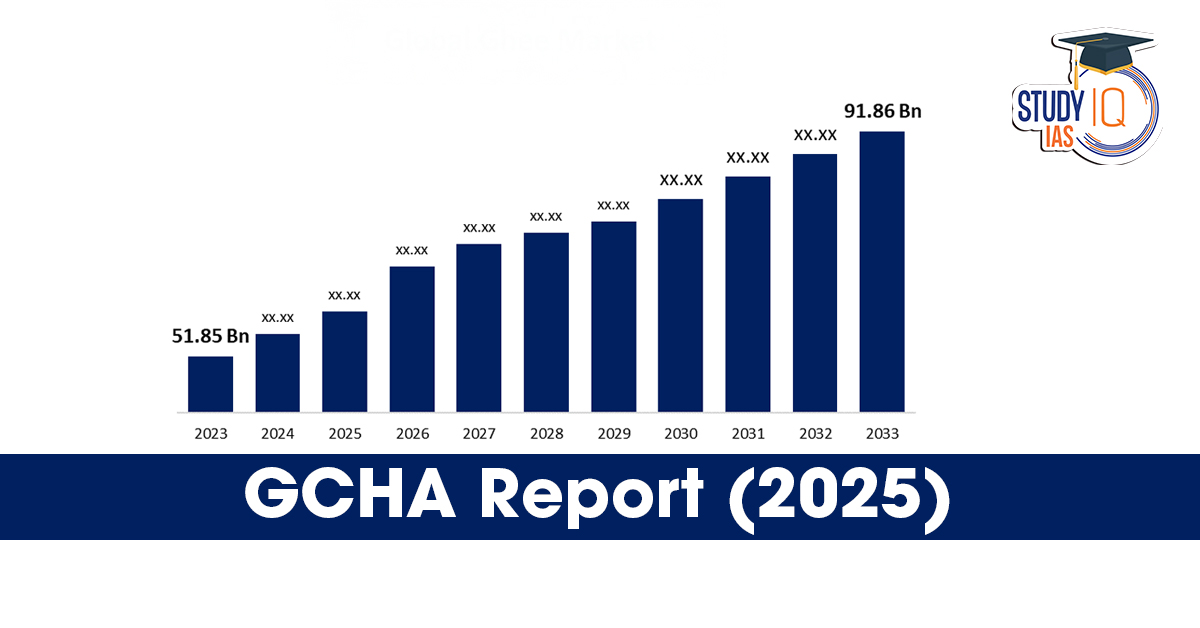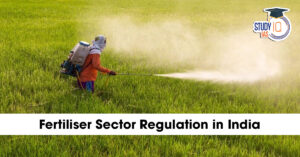Table of Contents
Fossil fuels — coal, oil, and gas — are widely recognised as the biggest contributors to climate change, but a new global study shows their impact goes far beyond rising temperatures. The Global Climate and Health Alliance (GCHA), in its 2025 landmark report Cradle to Grave: The Health Toll of Fossil Fuels and the Imperative for a Just Transition, warns that fossil fuels are driving a public health emergency. The report provides the first comprehensive overview of fossil fuel harms across their full lifecycle and human lifespan — from pregnancy to elderhood.
With the COP30 climate summit in Brazil approaching, this report stresses that governments must urgently treat fossil fuel dependence as a health crisis as well as an environmental challenge.
Fossil Fuels and Global Health: A Cradle to Grave Threat
The GCHA Report (2025) highlights that fossil fuel pollution impacts people at every stage of life:
-
Pregnancy & Infancy: Higher risks of miscarriage, premature birth, low birth weight, and congenital defects due to exposure to coal dust, refinery fumes, and traffic emissions.
-
Children: Vulnerable to asthma, respiratory infections, and even childhood cancers such as acute lymphoblastic leukemia when living near petroleum facilities or highways.
-
Adults: Air pollutants like fine particulate matter (PM2.5), benzene, and sulphur dioxide increase risks of strokes, heart disease, diabetes, neurological disorders, and cancers.
-
Elderly: Those already suffering from chronic illness face premature mortality from long-term exposure to polluted air and water.
The report concludes that fossil fuels are a direct assault on human health, and the effects often persist long after operations cease.
Persistent and Intergenerational Harms
Unlike some short-term pollutants, toxic chemicals from fossil fuel activity — such as arsenic, lead, and mercury — remain in soil, rivers, and food chains for decades or even centuries. This means communities continue to experience kidney failure, neurological damage, and cancers long after coal plants, oil refineries, or gas projects shut down.
The GCHA stresses that healthcare costs linked to fossil fuels are intergenerational. For example, cancers may only surface decades later, leaving communities with the health burdens while polluters walk away.
Unequal Burden: Sacrifice Zones
The report emphasises that the heaviest toll falls on marginalised groups:
-
Indigenous peoples, low-income families, and industrial workers are often forced to live near mines, refineries, and coal plants.
-
These “sacrifice zones” lock communities into cycles of disease, poverty, and displacement.
-
Health workers in coal regions like Korba, Chhattisgarh describe alarmingly high rates of asthma among children, while families in Ennore, Chennai face toxic water and collapsing fisheries due to coal ash and oil spills.
This uneven distribution of harm highlights fossil fuels as an issue of justice, not just health.
Case Studies from India
India, one of the world’s largest coal producers and also one of the most climate-vulnerable nations, provides stark examples:
-
Korba, Chhattisgarh: Known as India’s coal capital, Korba reports rising cases of asthma, bronchitis, tuberculosis, and birth defects linked to contaminated air and water.
-
Jharia, Jharkhand: Underground coal seam fires burning for over a century release toxic smoke, displacing families and causing chronic respiratory and skin diseases.
-
Ennore, Chennai: Oil spills and coal ash ponds have polluted waterways, devastated fisheries, and forced fishing families into precarious livelihoods.
These examples show how fossil fuel dependence damages both health and livelihoods, pushing vulnerable groups into poverty traps.
Economic Costs of Fossil Fuels
Beyond health suffering, the financial burden is staggering. According to the International Monetary Fund (IMF):
-
Global fossil fuel subsidies reached US$7 trillion in 2022.
-
Of this, only US$1.3 trillion were direct subsidies (like tax breaks and price caps).
-
The remaining US$5.7 trillion reflected unpriced damages to health, ecosystems, and infrastructure.
The GCHA warns that every day of delay in reducing fossil fuel dependence raises the cost of inaction, both in terms of lives lost and economic losses.
Policy Recommendations of the GCHA Report (2025)
To address this global health emergency, the report calls for:
-
Halting New Fossil Fuel Projects – No approvals for new coal, oil, or gas infrastructure.
-
Phasing Out Subsidies – Redirecting financial support from fossil fuels to renewable energy.
-
Polluter Pays Principle – Making industries financially responsible for long-term healthcare and environmental damages.
-
Banning Fossil Fuel Lobbying & Advertising – Similar to restrictions placed on the tobacco industry.
-
Ensuring a Just Transition – Providing social protection, jobs, and healthcare support to workers and communities affected by the energy transition.
-
Continuous Monitoring – Long-term environmental and health monitoring of areas impacted by coal ash, oil spills, and toxic discharges.
Global Voices on Fossil Fuels and Health
-
Christiana Figueres (Former UN Climate Chief): “The age of fossil fuels has poisoned our air, broken health, and fractured dignity. We must choose a just transition without delay.”
-
Dr. Jeni Miller (Executive Director, GCHA): “Political leaders already know the solutions. Further delay is indefensible — all that is required is political courage.”
-
Dr. Jemilah Mahmood (Sunway Centre for Planetary Health, Malaysia): “A just transition is not only imperative but possible — a prescription for cleaner air, healthier communities, and intergenerational justice.”
Why the Report Matters Ahead of COP30
The timing of the GCHA Report is crucial. As global leaders prepare for COP30 in Brazil, the health community is demanding recognition of fossil fuel dependence as a driver of disease — not just of global warming.
For India, aligning its climate ambition with a public health agenda could mean cleaner air, healthier communities, and stronger resilience against climate change.
Conclusion
The GCHA Report 2025 sends a powerful message: fossil fuels are not just an environmental issue, they are a public health emergency. From miscarriages and childhood leukemia to strokes and cancers in old age, the human cost is immense and enduring.
Transitioning away from fossil fuels is not only about preventing climate catastrophe — it is about saving lives, reducing healthcare costs, and securing justice for vulnerable communities. With renewable energy now cheaper than fossil fuels, the moment for a just transition is both urgent and achievable.


 Fertiliser Sector Regulation in India: I...
Fertiliser Sector Regulation in India: I...
 New Gene Editing Method: Future of Perso...
New Gene Editing Method: Future of Perso...
 Is India’s Federal Structure Under Str...
Is India’s Federal Structure Under Str...




















